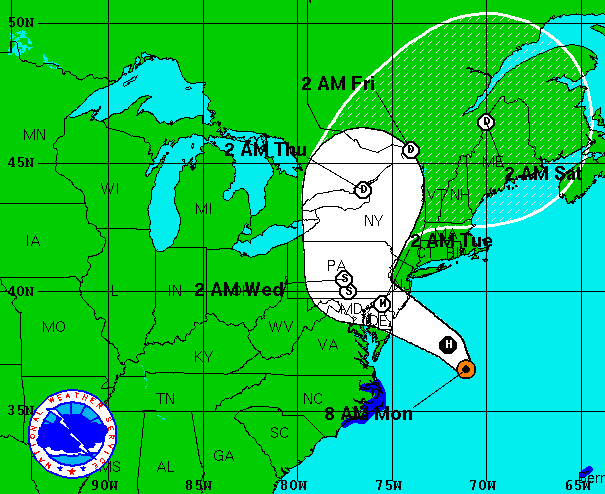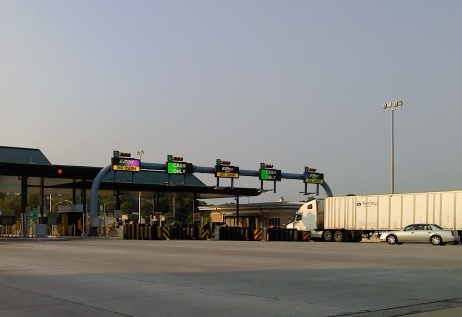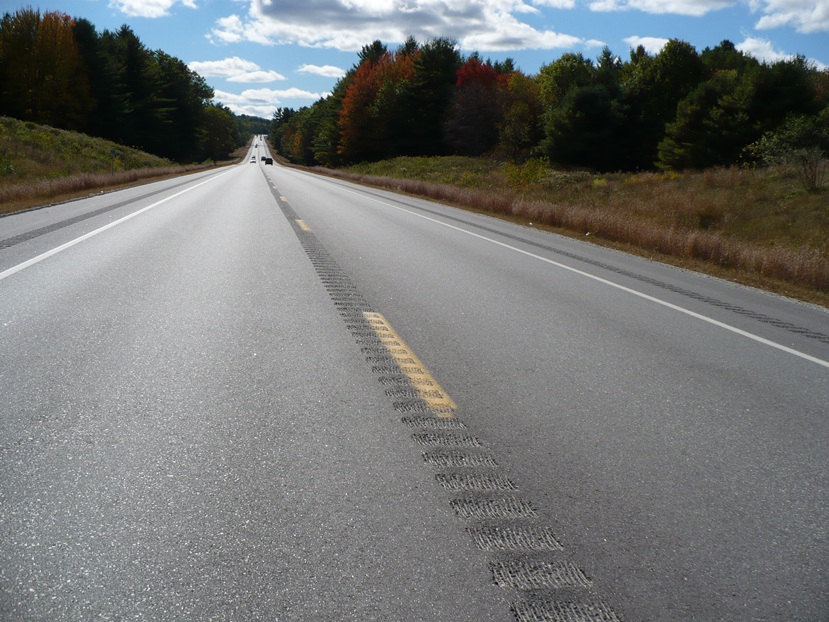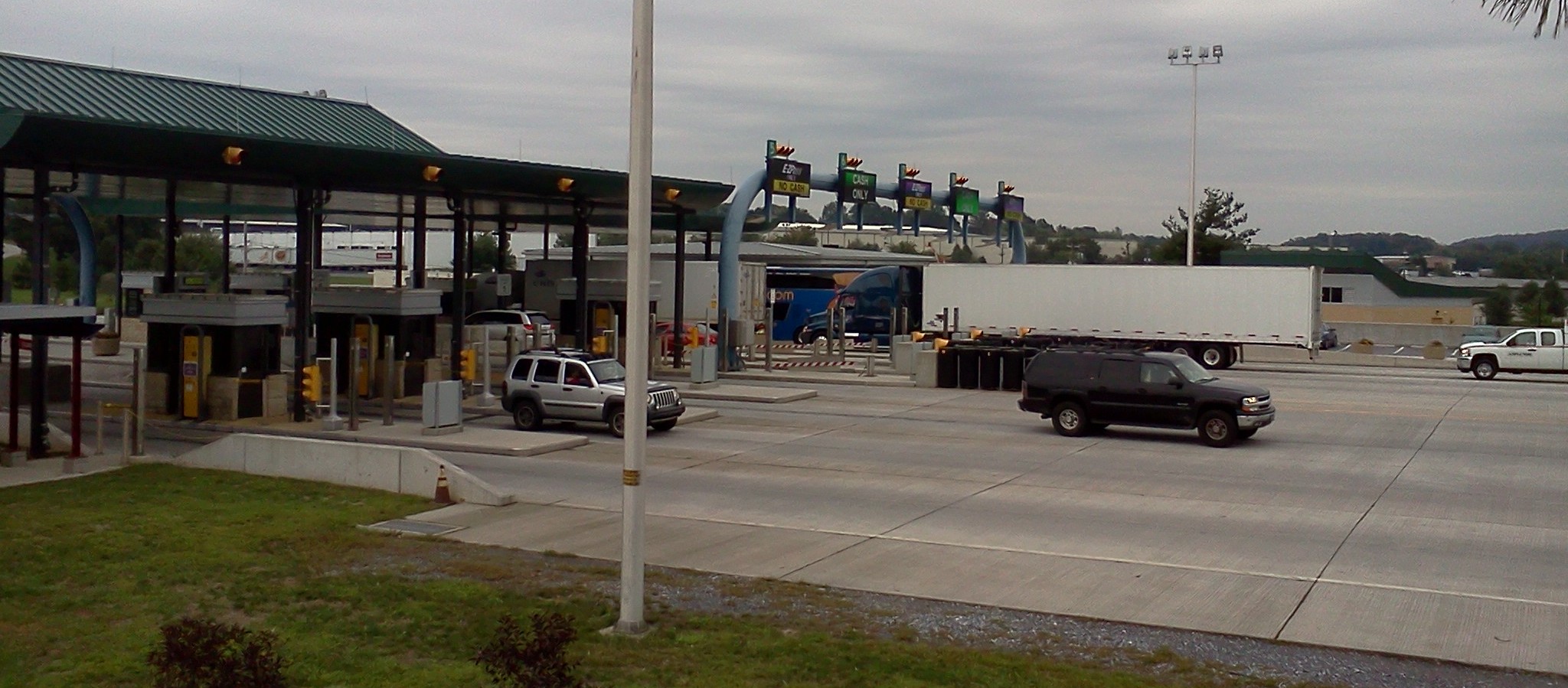Members of the House and Senate transportation committees got a crash course on Pennsylvania Turnpike finances this week. But it’s a good thing there was no pop quiz, because many of them were left with more questions than answers. “My head is spinning. Is there a crisis or isn’t there a crisis?” asked Rep. Mike McGeehan (D-Philadelphia), minority chairman of the House Transportation Committee.
Auditor General Jack Wagner urged the panel to repeal Act 44 of 2007. While the tolling of Interstate 80 never came to be, the transportation funding law still calls for the Turnpike Commission to make annual payments of $450-million to PennDOT. “The Turnpike Commission, with debt of $7-billion and growing, is clearly drowning in debt due to the burdens placed on it by Act 44.”
Wagner says Turnpike debt has increased 181% in the five years since the law was enacted. “This is all unacceptable because the Turnpike, quite frankly, isn’t going to survive if this continues,” Wagner testified.
But Turnpike officials are adamant there is no financial crisis. “We have a developed a sound, fiscally responsible approach to meeting all of our financial obligations, including the $450-million annual payments to PennDOT,” explained Turnpike Commission CEO Roger Nutt.
Wearing his hat as a member of the Pennsylvania Turnpike Commission, PennDOT Secretary Barry Schoch explained their annual debt service is only $35-million dollars a year, compared to the $450-million dollar fund transfer to the state. Over time, Schoch says, the revenue raised from annual toll increases will exceed the debt service, allowing the commission to pay down the debt.
After meeting for two hours, Senate Transportation Chair John Rafferty (R-Montgomery) announced that a second hearing will need to be scheduled. The one thing lawmakers and testifiers all seemed to agree on is that Pennsylvania must address its transportation funding crisis… with or without Act 44.









